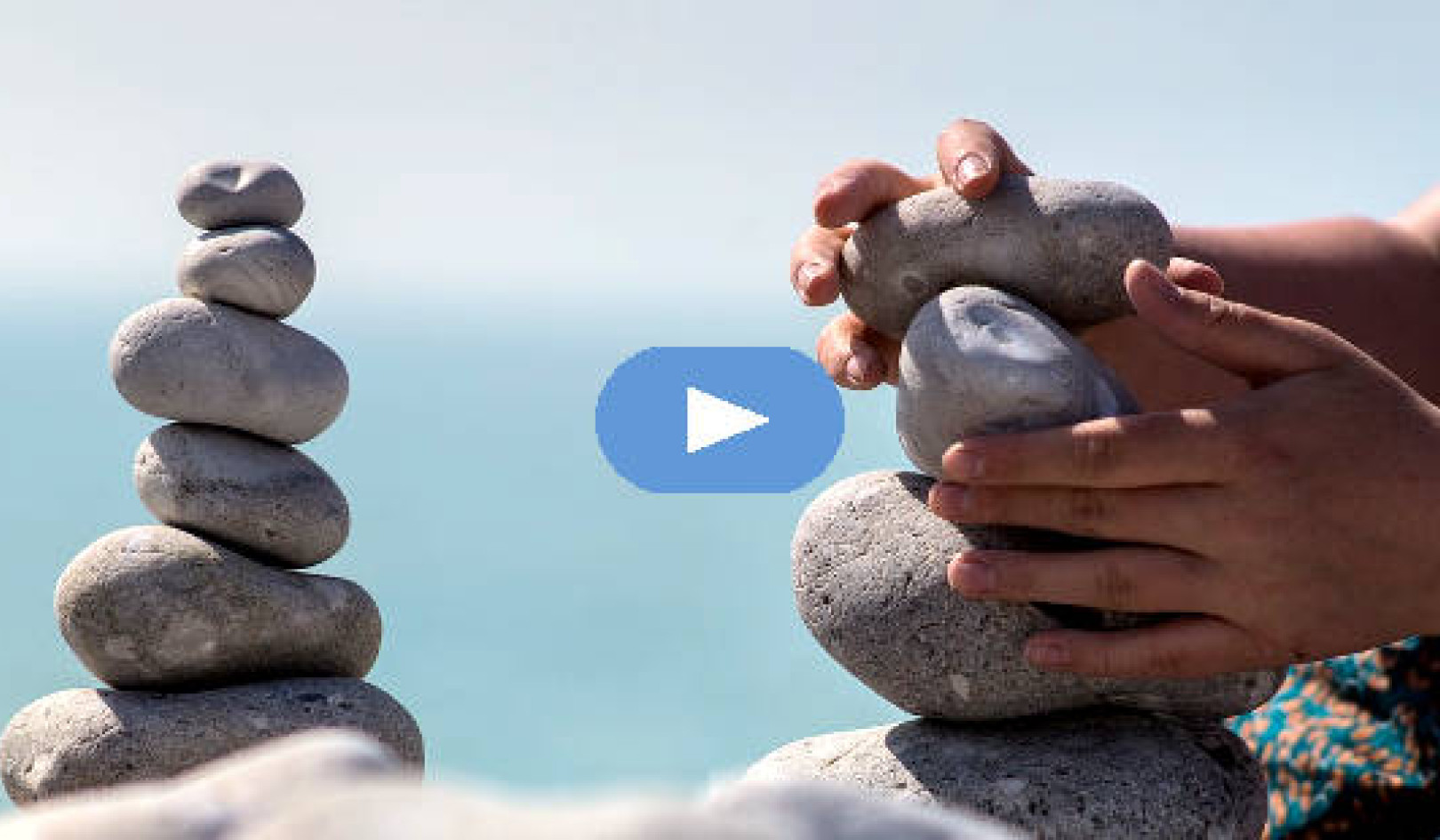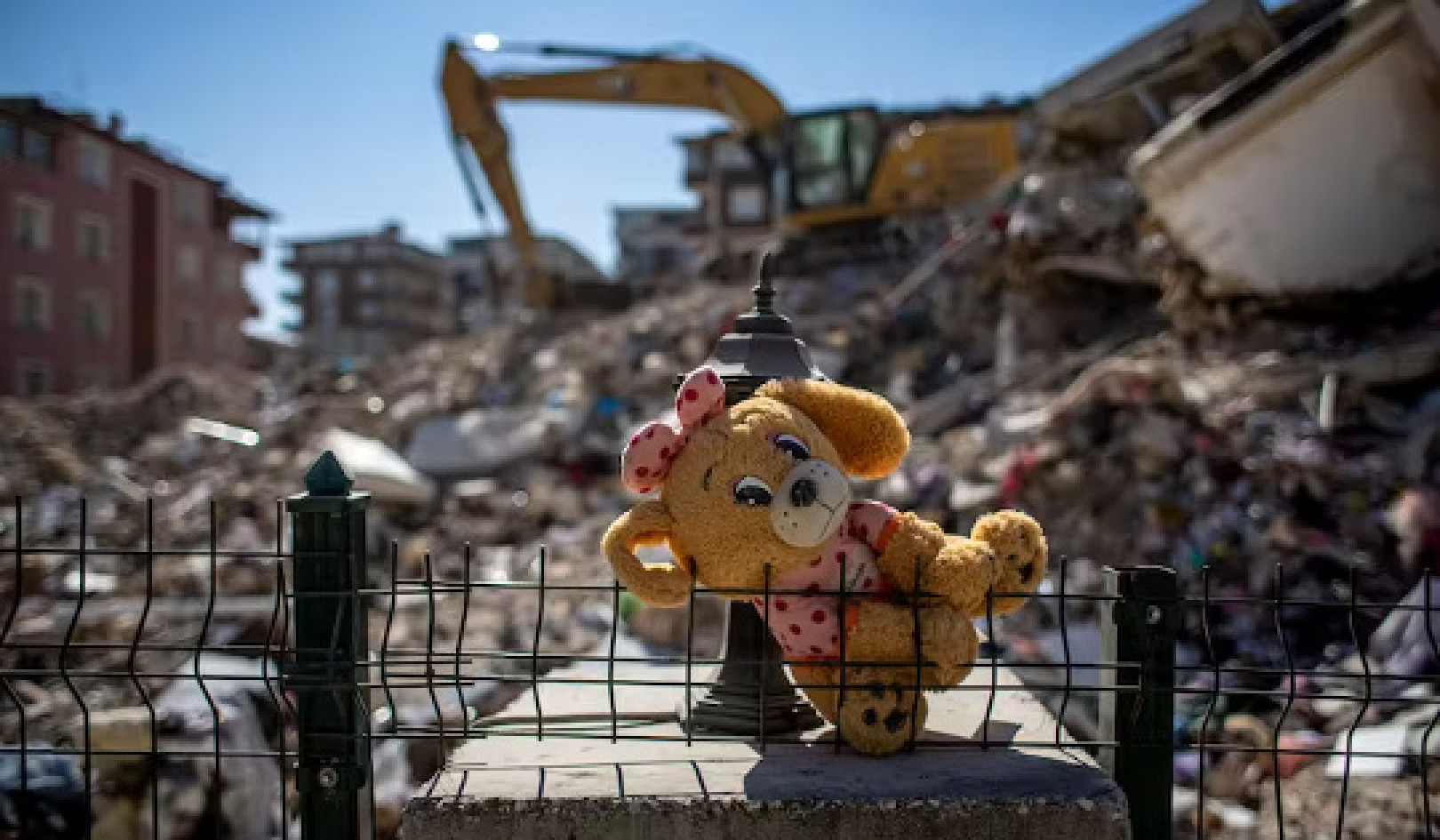
Un adevăr prea tragic este că de prea multe ori ne epuizăm certându-ne și chiar urându-ne cine sau ce a creat Pământul, atunci când ar trebui să ne unim și să acționăm pentru a opri degradarea Pământului și degradarea celor care locuiesc pe această uimitoare planetă a noastră.
Each of us needs to find our own path to that which unites us all, regardless of race, creed or gender. And yes, finding that path is not only spiritually important, it is imperative. Still, as we have also seen, finding our path is only the first step. And if we stop at that first step, I submit that we lose the validity of our lives.
What Truly Gives Our Lives Meaning?
And so we return to meaning. What truly gives our lives meaning?
Whether or not Jesus died for our sins, there are people dying for lack of bread. Whether or not Moses saw a burning bush, our species continues to degrade the Earth. Whether or not Muhammad was the Prophet or Siddhartha Gautama the Buddha, whether or not our truth is to be found in the Bible or the Vedas, the Way, the Humanist Manifesto or some other teaching, we again affirm that validity comes not from our beliefs but from cum acționăm on those beliefs.
What does that mean? It means that our diverse spiritual paths can be guides, important and profound guides, but they must cease to be ends.
În film Amadeus, the Italians at court tell Mozart that German is "too brutal" a language for opera, that only Italian will do. It's a good moment. It gets a good laugh. Today, most of us will smile (or laugh if we're less polite) at a person who states that one language is somehow "better" or "more beautiful" than another.
Religion: A Language for Dealing with the Sacred
Yet, as we have seen, religion is humanity's language for dealing with the sacred. We have come to understand that in different places, at different times, language has developed in different ways. Not right ways or wrong ways, but culturally different ways.
Language is important. Without it, we cannot communicate. But too often we forget that the sacred languages we call religions conveni on how we are to act: we are to love our neighbor, we are to respect our common humanity, we are to do unto others as we would have others do unto us. Yet we brush that aside. Instead of focusing on what our varied sacred languages tell us about how we should act, we focus on the grammar of the language. In other words, we focus not on how to act, but on how to pray.
Pride & Arrogance: My Beliefs are Better Than Your Beliefs
 With pride and great arrogance we stake out our ground. We are the chosen people. We are the elected. We follow the path to salvation. We know there is no path to salvation. Our God will reward us with eternal bliss for serving Him. We don't believe in God, and that makes us smarter, better and superior.
With pride and great arrogance we stake out our ground. We are the chosen people. We are the elected. We follow the path to salvation. We know there is no path to salvation. Our God will reward us with eternal bliss for serving Him. We don't believe in God, and that makes us smarter, better and superior.
Many of us, perhaps by now even most of us, will acknowledge that this approach to religion has been hurtful, and much too frequently deadly. Yet to this day it remains a fundamental paradigm for our dealings with each other. Why do we continue to do this to ourselves?
Today, if we are loyal to our community of "right belief;' no matter what belief about the sacred that community may embrace, we are forced into groupings that, for example, put fundamentalists together with those who understand that science is science, that place homophobic hysterics together with those who are not only willing but eager to embrace all peoples of good will.
I would return to the fanatics who assassinated Sadat of Egypt and Rabin of Israel. Does it not make more sense to group the peacemakers together and the fundamentalists together than it does to group as Muslims Sadat and the fundamentalist who shot him, or as Jews Rabin and the fundamentalist who shot him?
Breaking Old Habits: Focusing on How We Live and What We Do
The truth is that we are comfortable where we are. A habit three thousand years old can be hard to break. Very hard. But break it we must if we are to move forward. So how do we break this more than three-thousand-year-old habit of assuming there is but one "right" belief?
1. We must decide what is truly important to us. And then the tough part
2. We must see if what we believe in is in keeping with how we live, what we face, zi de zi.
If it is not, then the only choice is to move into the uncomfortable world of change. And of all the changes that are possible, the most uncomfortable of all is a change of assumptions.
Incorrect Assumptions of Separation & Hatred Must Be Changed
Our assumptions are the basis on which we live. Our assumptions are the foundations upon which we build our lives. And they can be wrong. The Earth is not flat, for example, and one can indeed not only sail around it without falling off, but orbit it as well.
One of our most fundamental assumptions has been that it makes sense to divide ourselves on the basis of "right belief." But if that assumption is wrong, and I believe it is, then we must act. We must change. It will take effort and time and it will be difficult. But is it really more difficult than living as we are now?
In a world of concentrated wealth and power, a world so easily motivated by hate, it is already hard enough for those who would find meaning in social justice to succeed. We should not place additional roadblocks in our path. We need to challenge our comfort levels, and we need to come together, worship together, learn to understand each other.
And this is possible? Yes.
© 2011 de Steven Greenebaum. Toate drepturile rezervate.
Retipărit cu permisiunea editorului,
Noi editori ai societății. http://newsociety.com
Acest articol a fost adaptat cu permisiunea din carte:
Alternativa interconfesională: îmbrățișarea diversității spirituale
de Steven Greenebaum.
 Oricare ar fi calea voastră spirituală, sunt șanse ca principiile principale ale credinței voastre să includă dragostea universală, acceptarea și compasiunea. Alternativa interconfesională luminează calea către crearea unei comunități spirituale care să onoreze și să includă toate limbile religioase. Procedând astfel, demonstrează că, venind împreună într-un mediu care se susține reciproc, ne putem concentra asupra dorinței noastre comune de a reface lumea într-un loc plin de compasiune și iubire.
Oricare ar fi calea voastră spirituală, sunt șanse ca principiile principale ale credinței voastre să includă dragostea universală, acceptarea și compasiunea. Alternativa interconfesională luminează calea către crearea unei comunități spirituale care să onoreze și să includă toate limbile religioase. Procedând astfel, demonstrează că, venind împreună într-un mediu care se susține reciproc, ne putem concentra asupra dorinței noastre comune de a reface lumea într-un loc plin de compasiune și iubire.
Faceți clic aici pentru mai multe informații și / sau pentru a comanda această carte.
Despre autor
 Reverendul Steven Greenebaum este ministru interconfesional cu studii de masterat în mitologie, muzică și studii pastorale. Experiențele sale în regia corurilor evreiești, metodiste, presbiteriene și interconfesionale l-au ajutat să înțeleagă înțelepciunea profundă a multor tradiții spirituale. Steven și-a dedicat viața muncii pentru justiția socială și de mediu printr-o multitudine de forumuri. El este fondatorul Biserica interconfesională vie în Lynnwood, Washington.
Reverendul Steven Greenebaum este ministru interconfesional cu studii de masterat în mitologie, muzică și studii pastorale. Experiențele sale în regia corurilor evreiești, metodiste, presbiteriene și interconfesionale l-au ajutat să înțeleagă înțelepciunea profundă a multor tradiții spirituale. Steven și-a dedicat viața muncii pentru justiția socială și de mediu printr-o multitudine de forumuri. El este fondatorul Biserica interconfesională vie în Lynnwood, Washington.



























